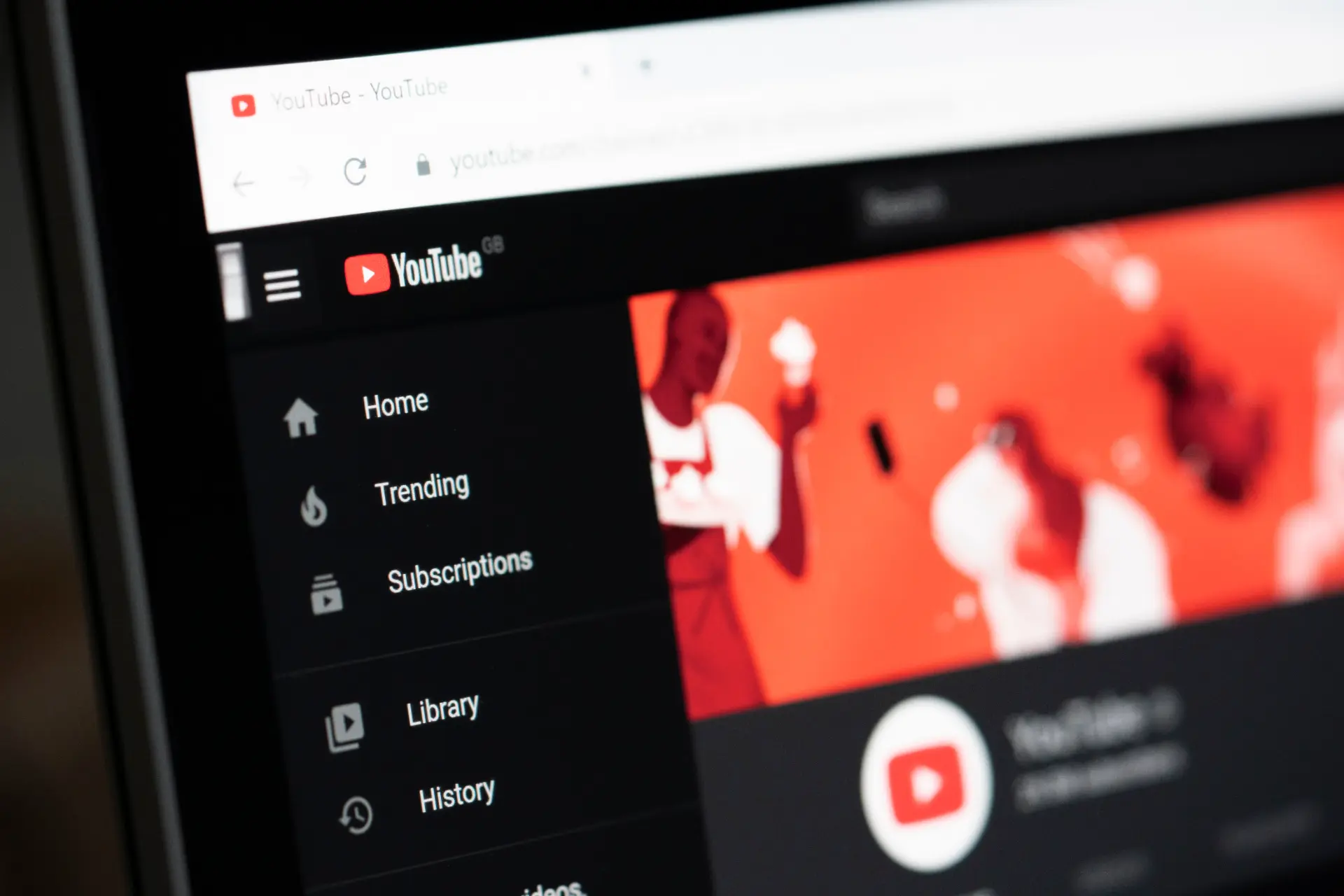Table of contents
- A historic decision: YouTube now banned for minors
- New rules take effect in December
- YouTube pushes back, legal threats on the horizon
- A global precedent in the making?
A historic decision: YouTube now banned for minors
The Australian government has taken a bold step by adding YouTube to the list of social platforms banned for under-16s, reinforcing its commitment to protect young users online.
This expands the existing restrictions already in place for TikTok, Instagram, Facebook, X (formerly Twitter), and Snapchat.
According to eSafety Commissioner Julie Inman Grant, YouTube is the most reported platform among Australian youths aged 10 to 15 for exposure to harmful content. As Prime Minister Anthony Albanese put it: “We want Australian parents to know we are on their side.”
New rules take effect in December
Starting from December 2025, Australian minors will no longer be able to create a YouTube account, which is required for uploading videos, commenting, liking, or subscribing to channels. Passive content consumption will remain allowed, but all forms of interaction will be restricted for under-16 users.
Tech companies failing to comply with the law could face fines of up to 50 million Australian dollars. Companies must also deactivate existing underage accounts, block new registrations, and take action against circumvention attempts.
There are exceptions for messaging apps, online games, educational tools, and healthcare platforms, as these are considered less harmful to children’s wellbeing.
YouTube pushes back, legal threats on the horizon
YouTube has rejected the label of “social network,” arguing that its platform provides value and benefits to young Australians. A company spokesperson stated that YouTube would “evaluate next steps” while keeping the dialogue open with government authorities. Local media report that Google, YouTube’s parent company, has threatened legal action, citing freedom of speech concerns if the ban is enforced.
However, Communications Minister Anika Wells remained firm, stating: “We can’t control the ocean, but we can control the sharks.” In other words, while the internet can’t be stopped, its most dangerous elements can be managed.
A global precedent in the making?
Australia’s move is attracting global attention. Norway has announced similar plans, the UK is considering following suit, and France has already passed a law blocking access to social media for minors under 15 without parental consent.
It’s increasingly likely that this will inspire a worldwide shift in how governments regulate underage access to digital platforms, sparking a new era of stricter online protections for children.
